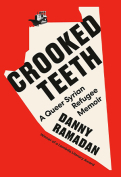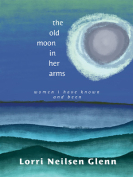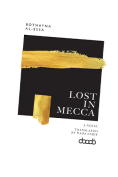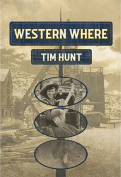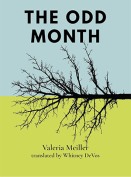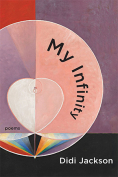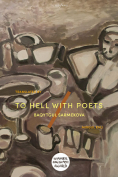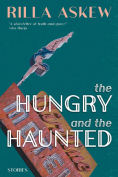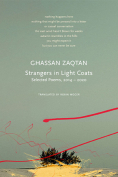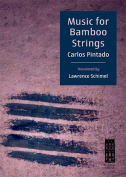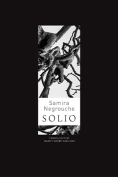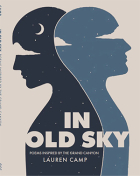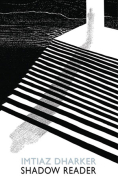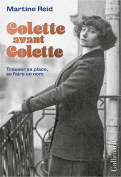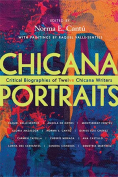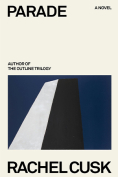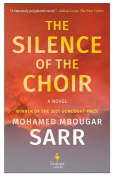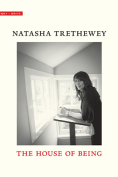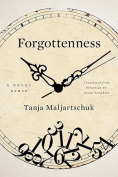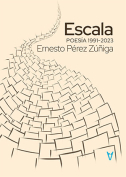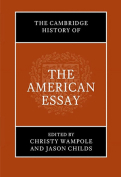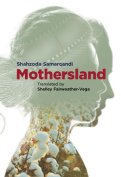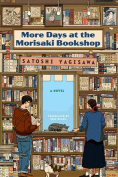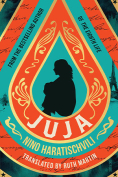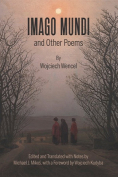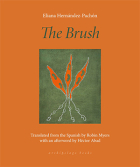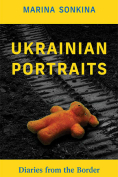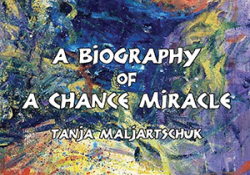Forgottenness by Tanja Maljartschuk
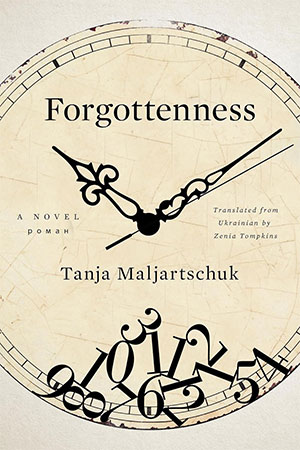 New York. Liveright. 2024. 272 pages.
New York. Liveright. 2024. 272 pages.
This novel-memoir traces the rise of Ukrainian nationalism through the lens of one of its most fervent supporters, Viacheslav Lypynskyi (1882–1931). It won the BBC Ukrainian Book of the Year Award for 2024 and the Usedom Literature Prize. The narrator researches the life of Lypynskyi through his letters and the history he wrote about the movement. During his life, he encountered fierce opposition to his project and suffered debilitating illnesses that often derailed his writing. But as this book attests, the memory and importance of his work remain strong, especially now during the current battle for Ukrainian independence.
Tanja Maljartschuk makes her work as much about her narrator as Lypynskyi himself. Alternating chapters discuss the “him” and the “her” as they move through the last century to the present day. The narrator struggles to find meaning in Lypynskyi’s work. Even though he does not achieve his purpose of forging a cohesive national identity, he attributes his failure to the essentially anarchic nature of the Ukrainian state, with its plethora of ideas about the meaning of nationhood. “A Ukrainian Pole? Such a thing does not exist.” But Lypynskyi proved his detractors wrong. His key work, From Ukraine’s History, is published in 1912. Poles do not have to stop being Polish to be Ukrainian. “The past is but a conjecture of the past.” The narrator cannot even navigate her own past.
Maljartschuk’s success consists in connecting the reader to the changing visions of Ukrainian nationalism as her narrator herself changes and grows, publishing books and gaining a following. Moving from short novellas and stories to full-length works, she gradually finds her voice.
The genetic factor “lets itself be known when something so horrific is transpiring that you could die from a surplus of emotion.” She finds and writes down archaic literary words and expressions such as “golden minnows from a pond.” In this way, she transcribes a heroic literary past that might otherwise be lost. The tragedy of the past, of starvation, the Holodomor, held on and refused to let the contemporary writers go. Finally, the narrator visits Lypynskyi’s estate. As she wanders the grounds, she asks herself a central question about the past—am I discussing myself now, or someone from the last century?
Elizabeth Fifer
Center Valley, Pennsylvania
